 This is a special briefing session to look at 5 funds for large projects that could be useful for ASV projects. Most of these are open now! This will be an opportunity to find out more and meet potential collaborators.
This is a special briefing session to look at 5 funds for large projects that could be useful for ASV projects. Most of these are open now! This will be an opportunity to find out more and meet potential collaborators.
There are two iterations of the event and it will be recorded.
Wednesday 27th January 13:00 – 14:00
Wednesday 3rd February 13:00 – 14:00
| Call Details | Call Start | Call Close |
| UKRI uk-ireland-collaboration-in-digital-humanities | 08/01/2021 | 18/03/2021 |
| For large, innovative and multidisciplinary projects involving the collaboration of both UK and Ireland-based researchers . Up to £320K. | ||
| Horizon 2020: Excellent Science | 21/01/2021 | 20/04/2021 |
| These grants support principal investigators in establishing a research team. | ||
| Enhancing Learning and Research for Humanitarian Assistance (ELRH) | 22/04/2021 | |
| For collaborative research that has the potential to create transformative change to health response within the humanitarian sector. £1 – £3M. | ||
| AHRC/SBE(US National Science Foundation (NSF)) | open | open |
| A transatlantic collaborative research which allows US and UK researchers to submit a single collaborative proposal that will undergo a single review process. It must be led by a US PI. Up to £1M. | ||
| Wellcome Trust: Ideas Fund | late Jan 21 | 01/10/2023 |
| A new grants programme to think about, develop and test new ideas related to areas of mental wellbeing that are relevant to the UK public. Focused initially on four localities – more information on these to be announced. |
To book onto one of these briefings, please email RKEDF@bournemouth.ac.uk
 Based on UK-EU Trade and Cooperation Agreement (the TCA) the UK will be HE Associated Country. The association secures participation of UK and EU entities in Horizon Europe Programme on equivalent terms. This will ensure that via the Horizon Europe Programme UK organisations have access to R&I funding, infrastructure and markets; according to the TCA, UK organisations can lead projects and UK experts can take part in evaluations. It also provides association to COST programme and the UK plays an active role in the ongoing governance and development of the HE programme.
Based on UK-EU Trade and Cooperation Agreement (the TCA) the UK will be HE Associated Country. The association secures participation of UK and EU entities in Horizon Europe Programme on equivalent terms. This will ensure that via the Horizon Europe Programme UK organisations have access to R&I funding, infrastructure and markets; according to the TCA, UK organisations can lead projects and UK experts can take part in evaluations. It also provides association to COST programme and the UK plays an active role in the ongoing governance and development of the HE programme. I believe, this is fantastic news for the whole UK academic community and wish you success in applying for research funding.
I believe, this is fantastic news for the whole UK academic community and wish you success in applying for research funding.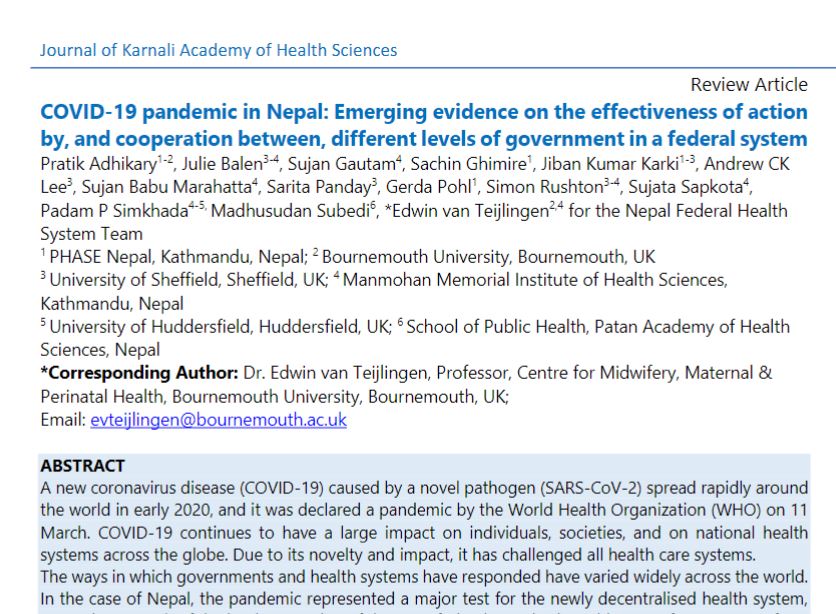
 Interreg has been one of the funding sources where BU academics have been successful during previous years. RDS have had a number of enquiries from academics regarding our eligibility to apply for Interreg funding after the UK has left the EU. The answer may be both – yes and no.
Interreg has been one of the funding sources where BU academics have been successful during previous years. RDS have had a number of enquiries from academics regarding our eligibility to apply for Interreg funding after the UK has left the EU. The answer may be both – yes and no. The next EU budget period is designed for 2021-2027; if Interreg calls for proposals are to be funded from the EU 2021-2027 budget, UK participants will not be eligible for EU funding.
The next EU budget period is designed for 2021-2027; if Interreg calls for proposals are to be funded from the EU 2021-2027 budget, UK participants will not be eligible for EU funding.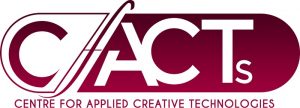
 The Science, Health, and Data Communications Research Group will be conducting a series of workshops to start off the new year, designed to help Bournemouth researchers form new networks and collaborative projects around educating and communicating research to the public.
The Science, Health, and Data Communications Research Group will be conducting a series of workshops to start off the new year, designed to help Bournemouth researchers form new networks and collaborative projects around educating and communicating research to the public.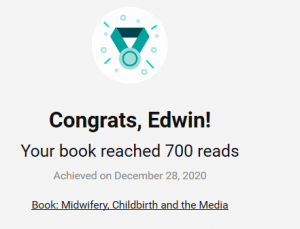

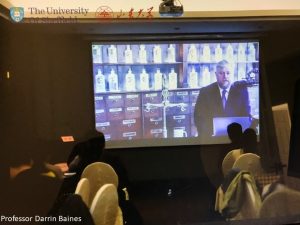 A masterclass was held at Shandong University on 17 and 18 November 2020, overseen by the British Council, with the aim of creating measurable benefits for Chinese patients and the economy by generating new health economics expertise.
A masterclass was held at Shandong University on 17 and 18 November 2020, overseen by the British Council, with the aim of creating measurable benefits for Chinese patients and the economy by generating new health economics expertise.
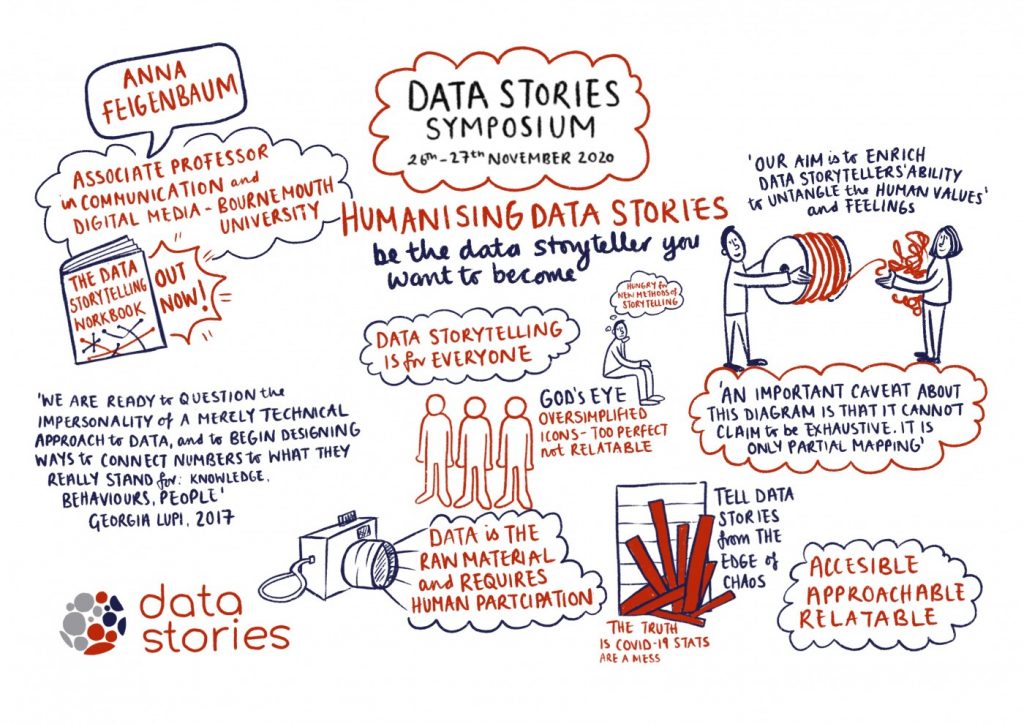
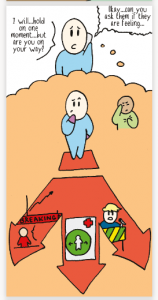

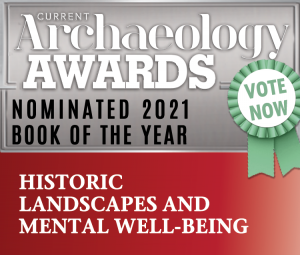
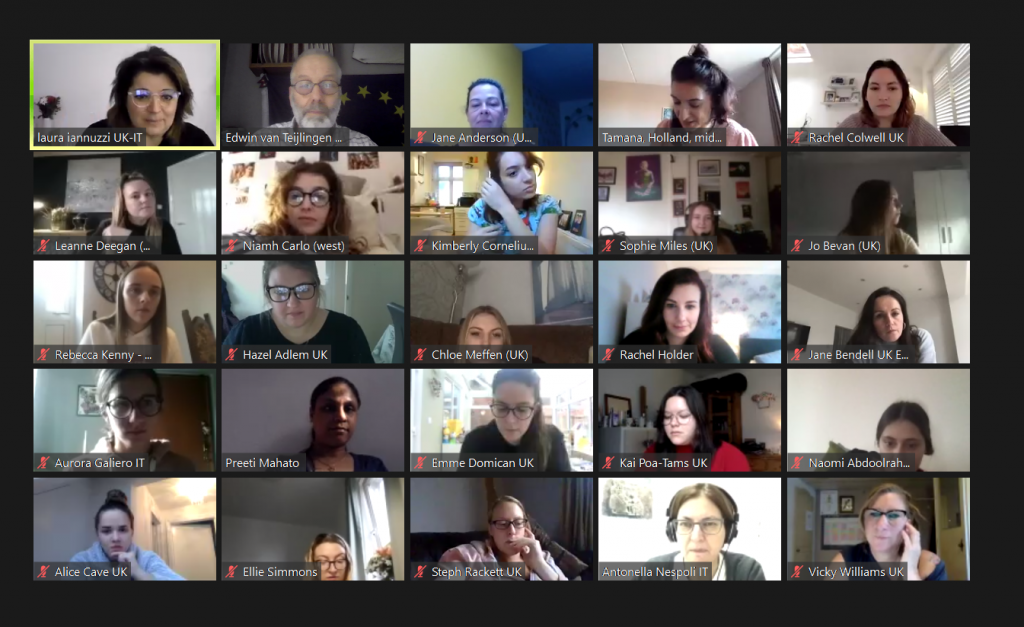
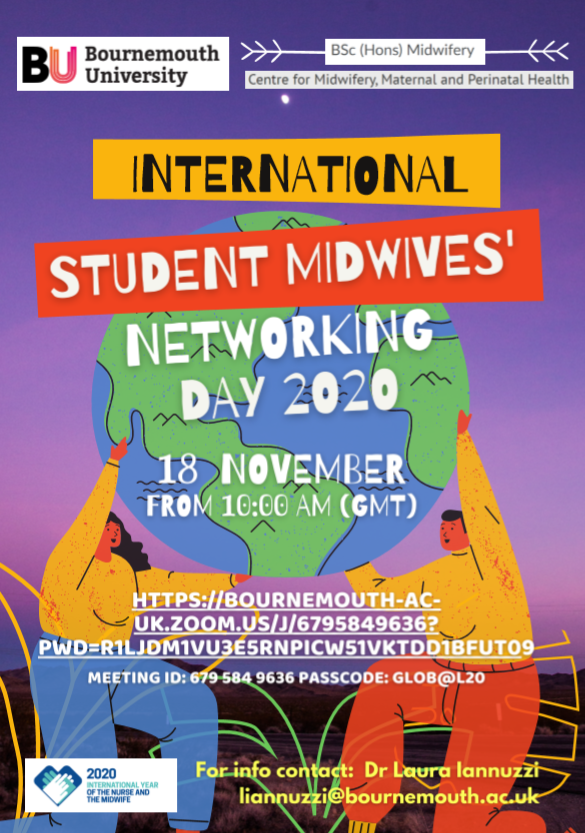
 Thank you to those who attended the IMSET launch last week. We hope that you now have a better idea of who we are and what we are aiming to do.
Thank you to those who attended the IMSET launch last week. We hope that you now have a better idea of who we are and what we are aiming to do.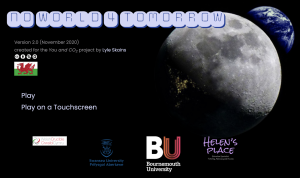

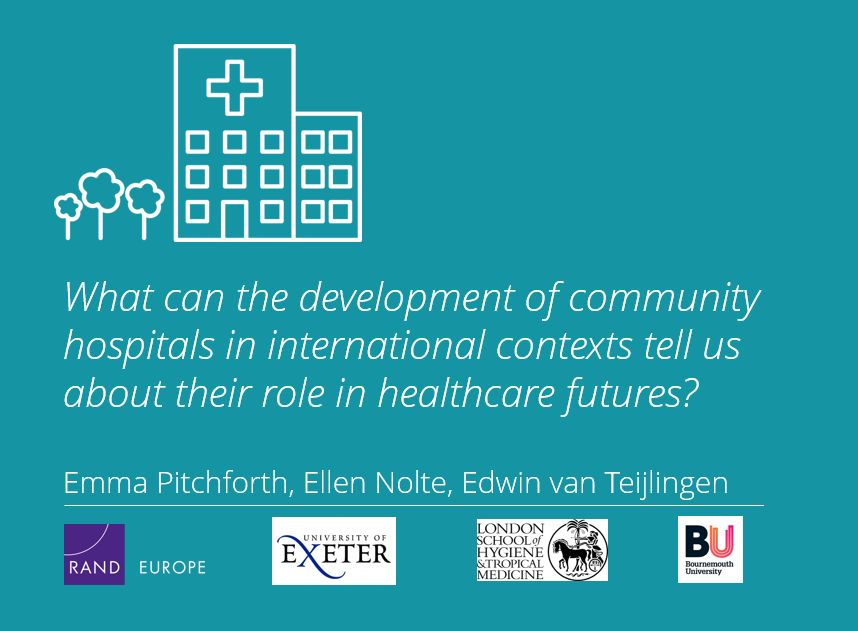
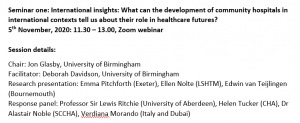
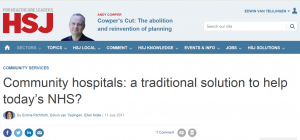
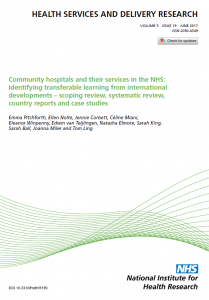











 Beyond Academia: Exploring Career Options for Early Career Researchers – Online Workshop
Beyond Academia: Exploring Career Options for Early Career Researchers – Online Workshop UKCGE Recognised Research Supervision Programme: Deadline Approaching
UKCGE Recognised Research Supervision Programme: Deadline Approaching SPROUT: From Sustainable Research to Sustainable Research Lives
SPROUT: From Sustainable Research to Sustainable Research Lives BRIAN upgrade and new look
BRIAN upgrade and new look Seeing the fruits of your labour in Bangladesh
Seeing the fruits of your labour in Bangladesh ECR Funding Open Call: Research Culture & Community Grant – Apply now
ECR Funding Open Call: Research Culture & Community Grant – Apply now ECR Funding Open Call: Research Culture & Community Grant – Application Deadline Friday 12 December
ECR Funding Open Call: Research Culture & Community Grant – Application Deadline Friday 12 December MSCA Postdoctoral Fellowships 2025 Call
MSCA Postdoctoral Fellowships 2025 Call ERC Advanced Grant 2025 Webinar
ERC Advanced Grant 2025 Webinar Update on UKRO services
Update on UKRO services European research project exploring use of ‘virtual twins’ to better manage metabolic associated fatty liver disease
European research project exploring use of ‘virtual twins’ to better manage metabolic associated fatty liver disease